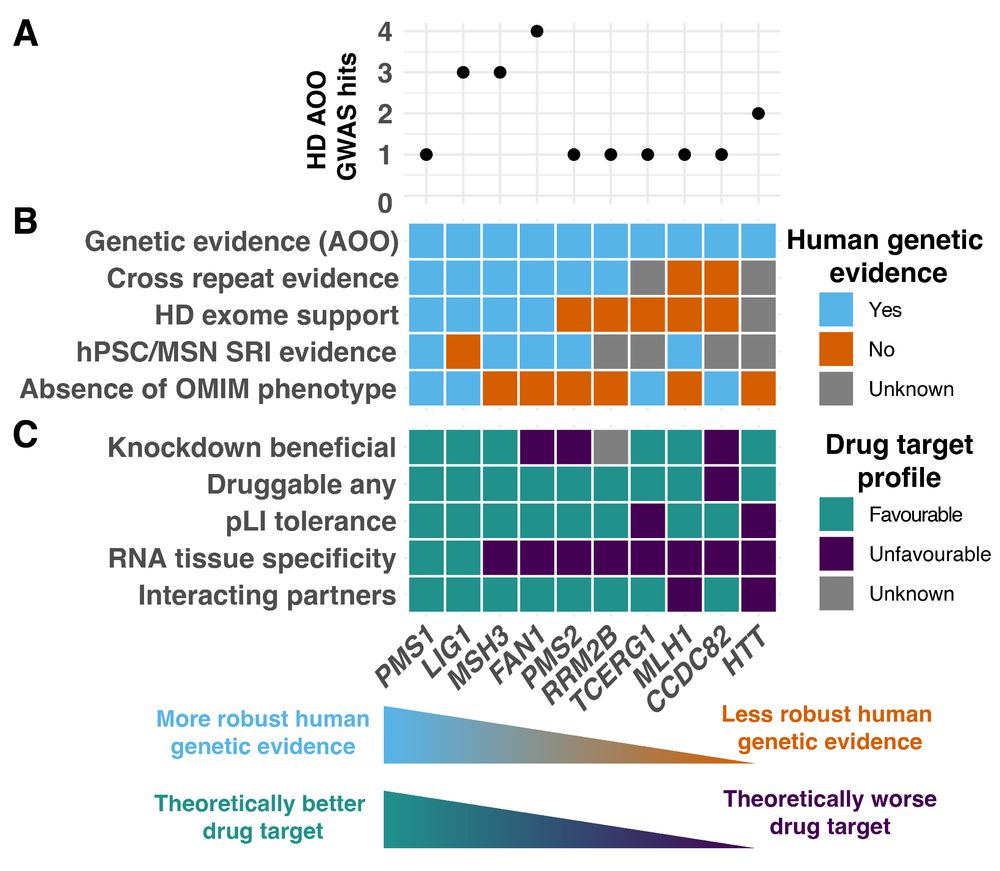
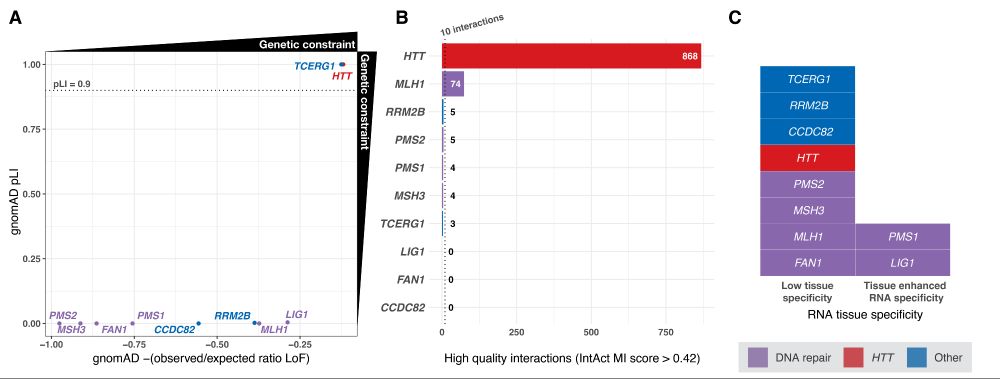
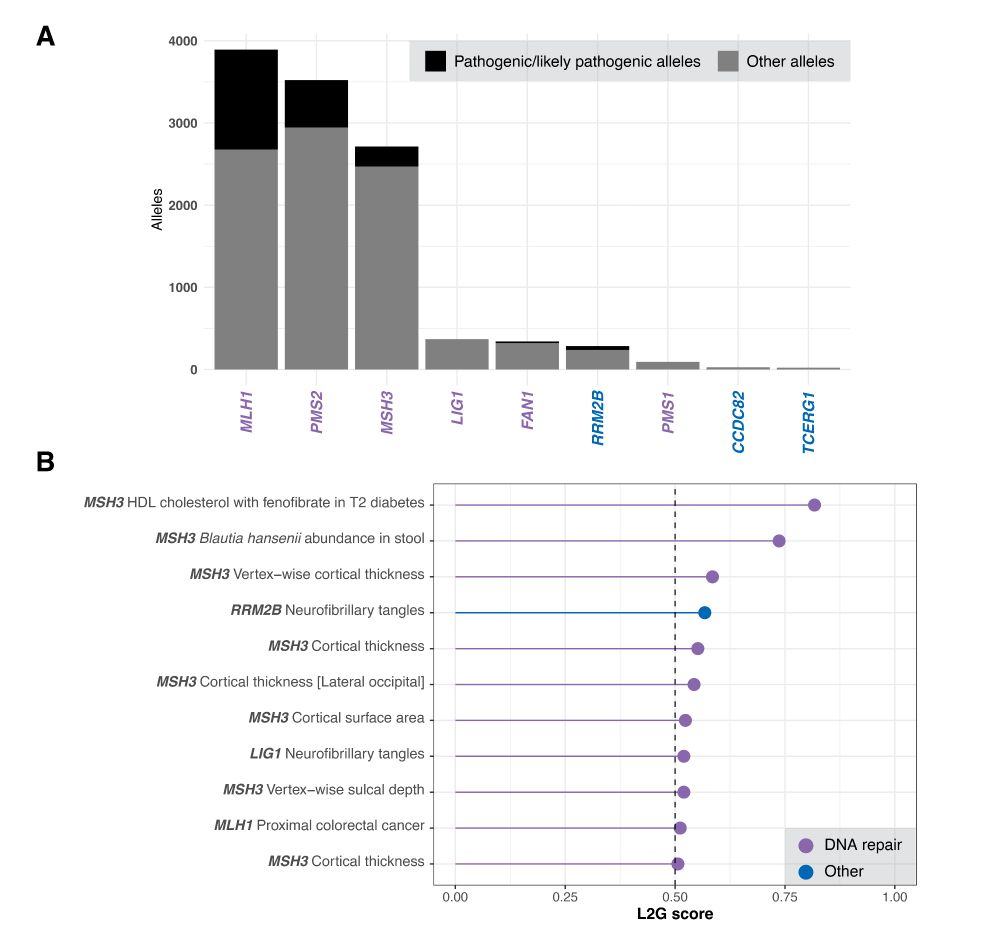
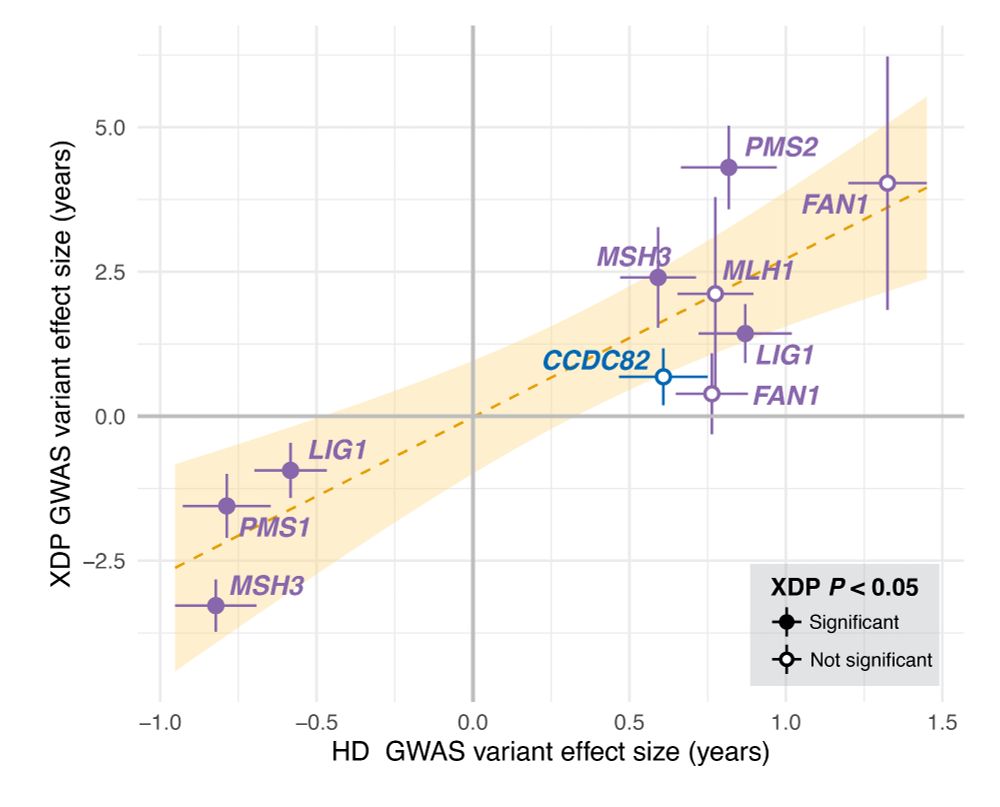
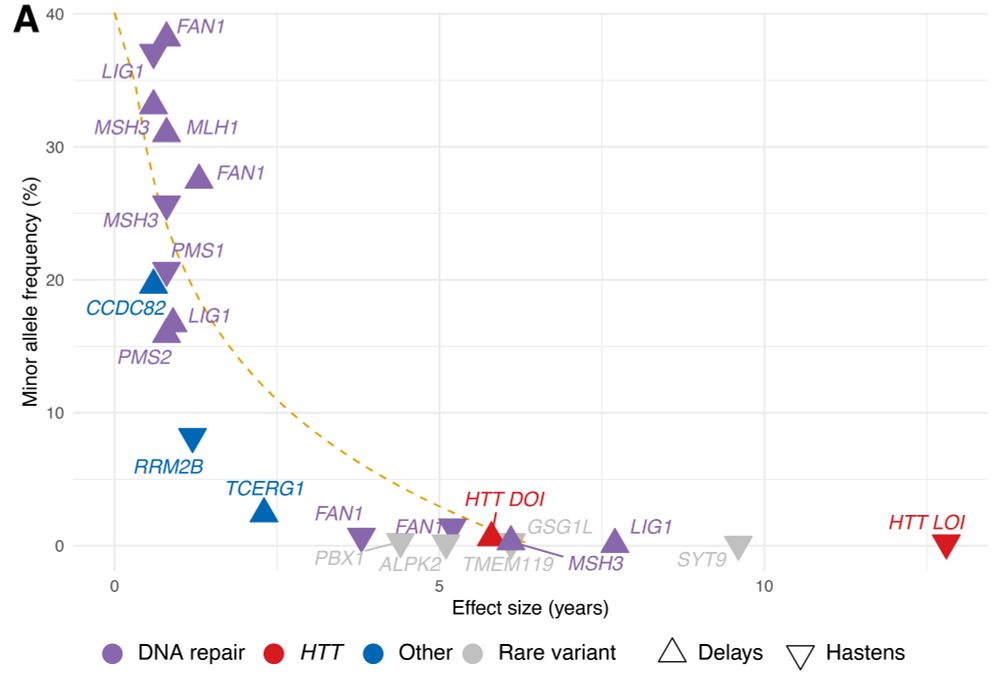
Genomic characterization of Huntington’s disease genetic modifiers informs drug target tractability
Available in Brain Communications academic.oup.com/braincomms/a...
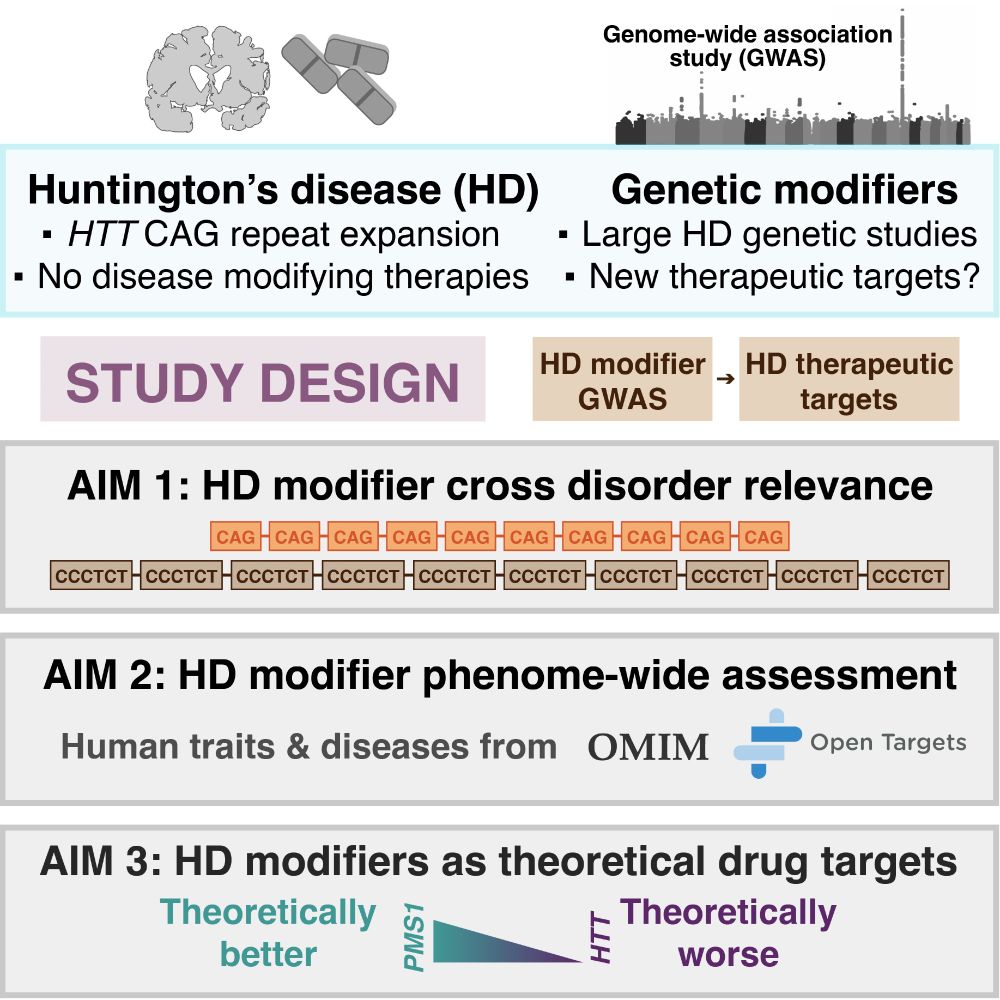
Genomic characterization of Huntington’s disease genetic modifiers informs drug target tractability
Available in Brain Communications academic.oup.com/braincomms/a...

